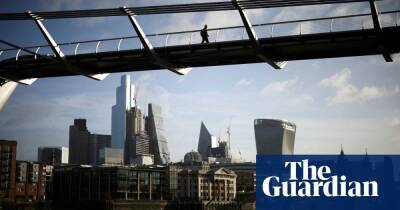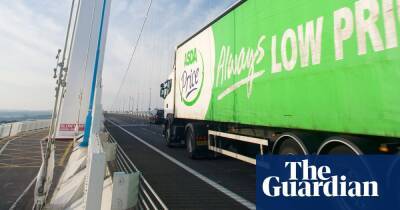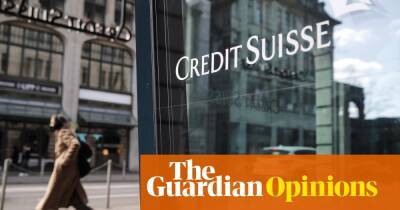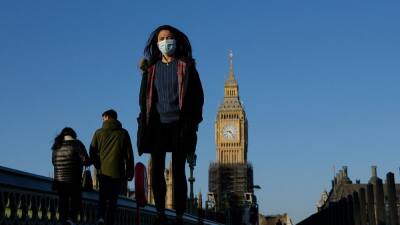Britain’s long consumer binge is ending – and the political fallout will be huge
One of the main promises of modern capitalism – of modern life, really – is that you will always be able to buy more and better stuff. It’s not true, of course. Capitalism takes away as well as provides. And for poorer people, or those who are just financially stretched, the constantly advertised pleasures of consumer life often lie tantalisingly out of reach.
But for more than half a century, enough people have been able to afford them – or been able to borrow the necessary money – for society to be largely shaped around consumer habits in Britain and other rich countries. City centres, suburban retail parks, huge stretches of the internet and the inside of our heads: all are alive with, and constantly remade by, our acquisitive desires.
The social and environmental costs of this – for the low-paid workers needed to produce and sell cheap goods, for the non-consumerist parts of our lives that get neglected, for the climate – increasingly worry many people. Yet there is little sign that consumerism is receding as a social or political priority. Most British shops may have been made to close, some of the time, during the early phases of the pandemic, but since last spring they have been allowed to stay open regardless of its resurgence. Going to the shops has been seen by government and many citizens as almost as important as public health.
So the onset of the cost-of-living crisis, which looks likely to last many months and quite possibly years, is a direct challenge to how many of us live. Already squeezed by a dozen years of falling or stagnant wages, Britain now faces its worst inflation and fuel prices for decades, rising taxes and interest rates, more expensive loans for students and extra import duties thanks to
Read more on theguardian.com



















